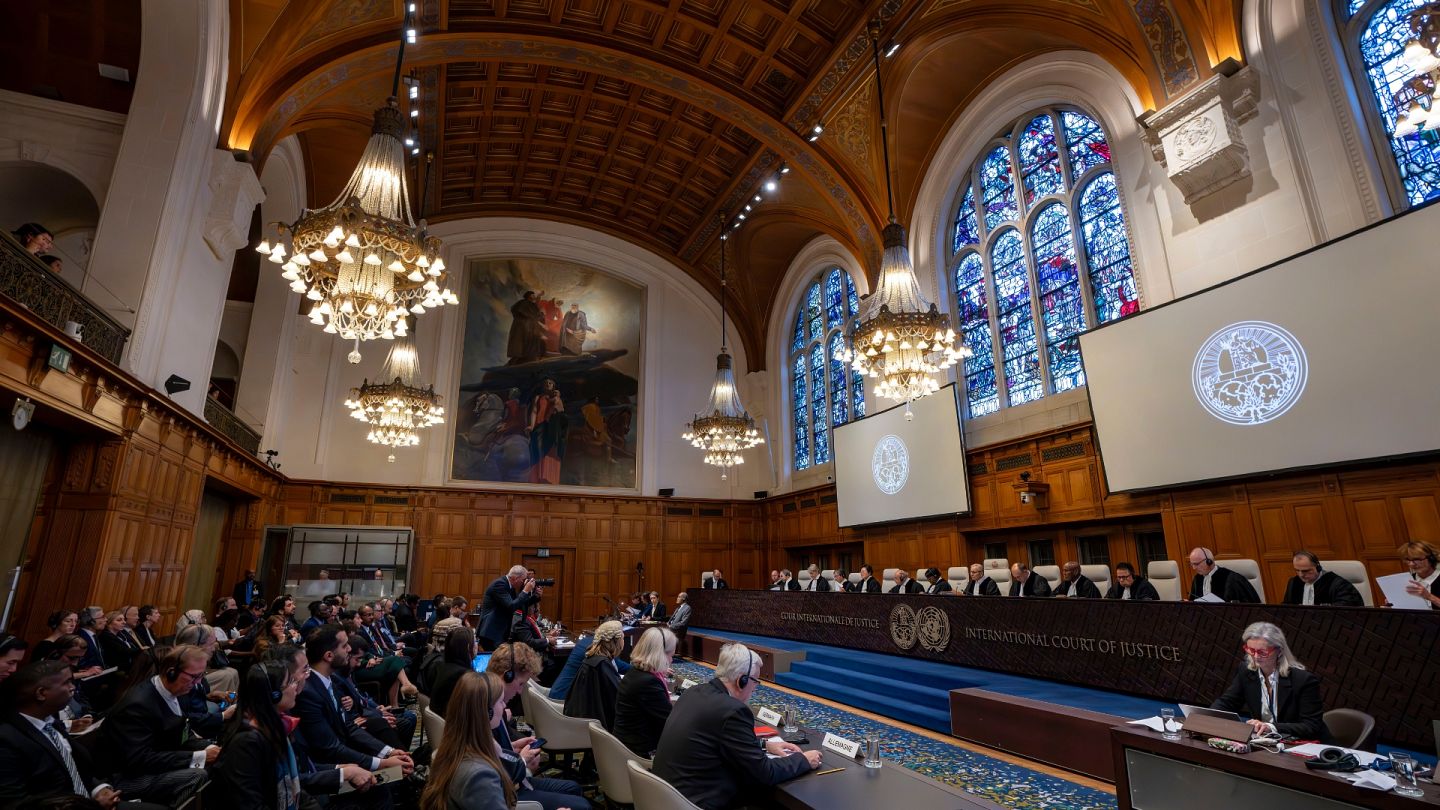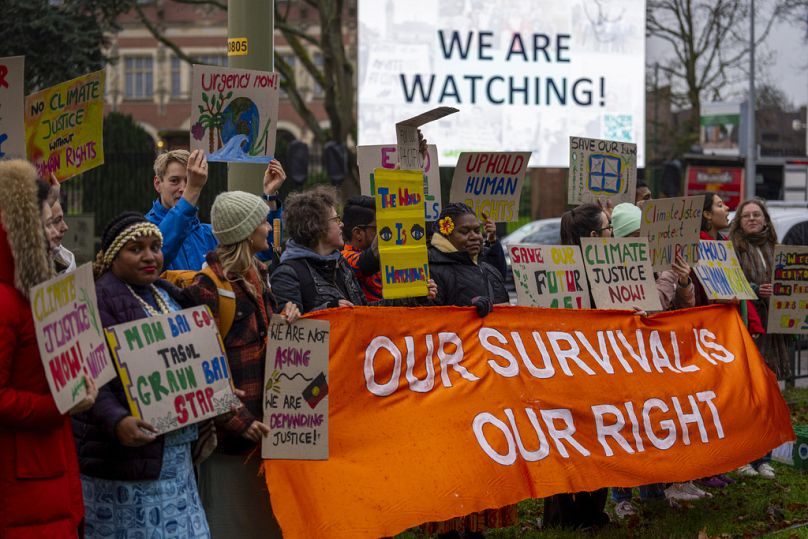The International Court of Justice (ICJ) has been increasingly viewed as a potential forum for addressing climate justice, particularly for nations in the Global South that are most vulnerable to the impacts of climate change. While the ICJ has a mandate to settle disputes between states and give advisory opinions on legal questions, it remains uncertain whether it can effectively deliver climate justice, especially given the complexities surrounding climate change and its disproportionate effects on developing countries.

Source:- bbc news
The Global South, including many small island states and low-income nations, faces severe consequences from rising sea levels, extreme weather events, and environmental degradation. These countries, which contribute the least to global carbon emissions, are often the hardest hit, raising calls for accountability and reparations from industrialized nations. The ICJ has the potential to play a key role in this by issuing advisory opinions or judgments that could establish legal responsibilities for climate-related harm and compel nations to take stronger action to curb emissions.
Source:- news 18
However, the ICJ’s ability to deliver climate justice is limited by several factors. First, its jurisdiction is typically based on state consent, meaning it can only rule on cases where the parties involved agree to its authority. Second, there is no clear international legal framework for holding states accountable for the transboundary impacts of climate change. Although some countries have taken steps toward climate litigation, the ICJ would need a robust legal framework to tackle the broader systemic issues that contribute to climate injustice.
While the ICJ could serve as a platform for dialogue and legal clarity, true climate justice for the Global South may require broader reforms, including binding international agreements, compensation mechanisms, and enhanced climate action from the global community.
Share your views in the comments

